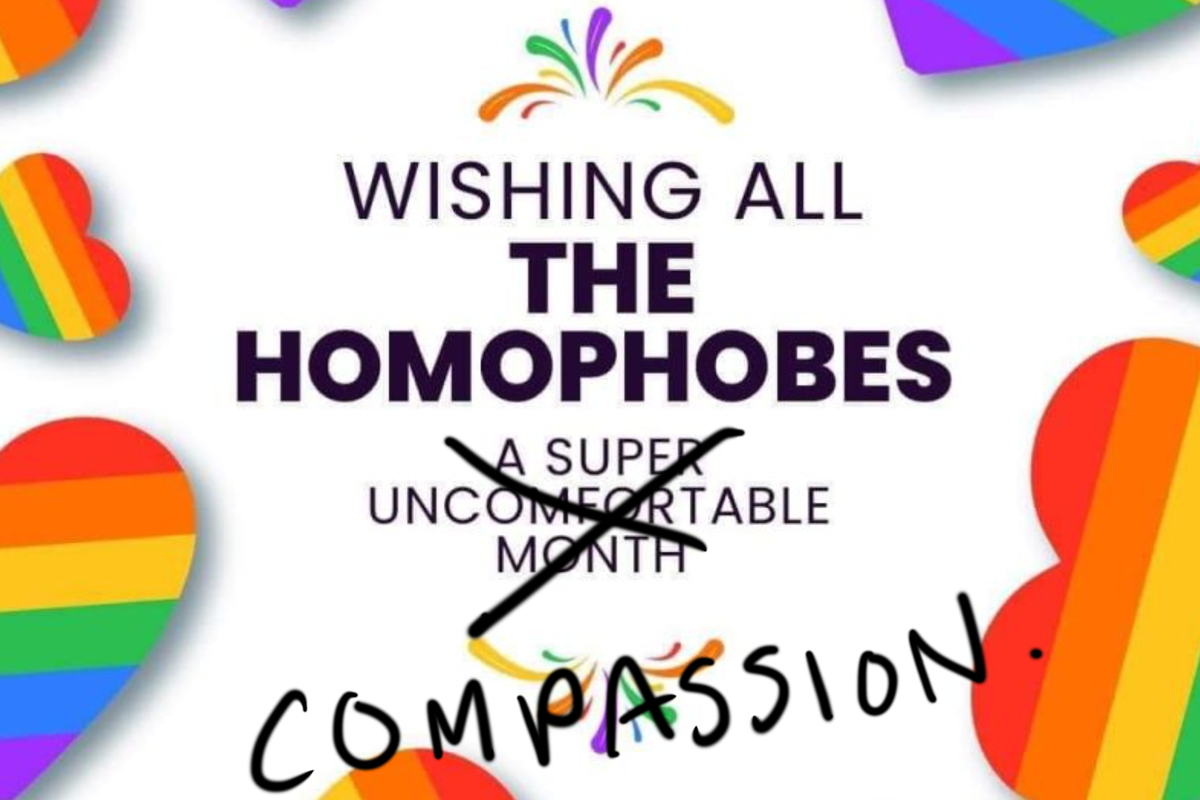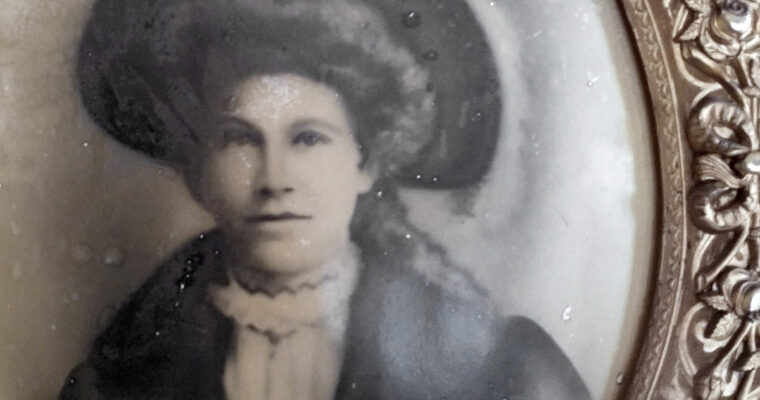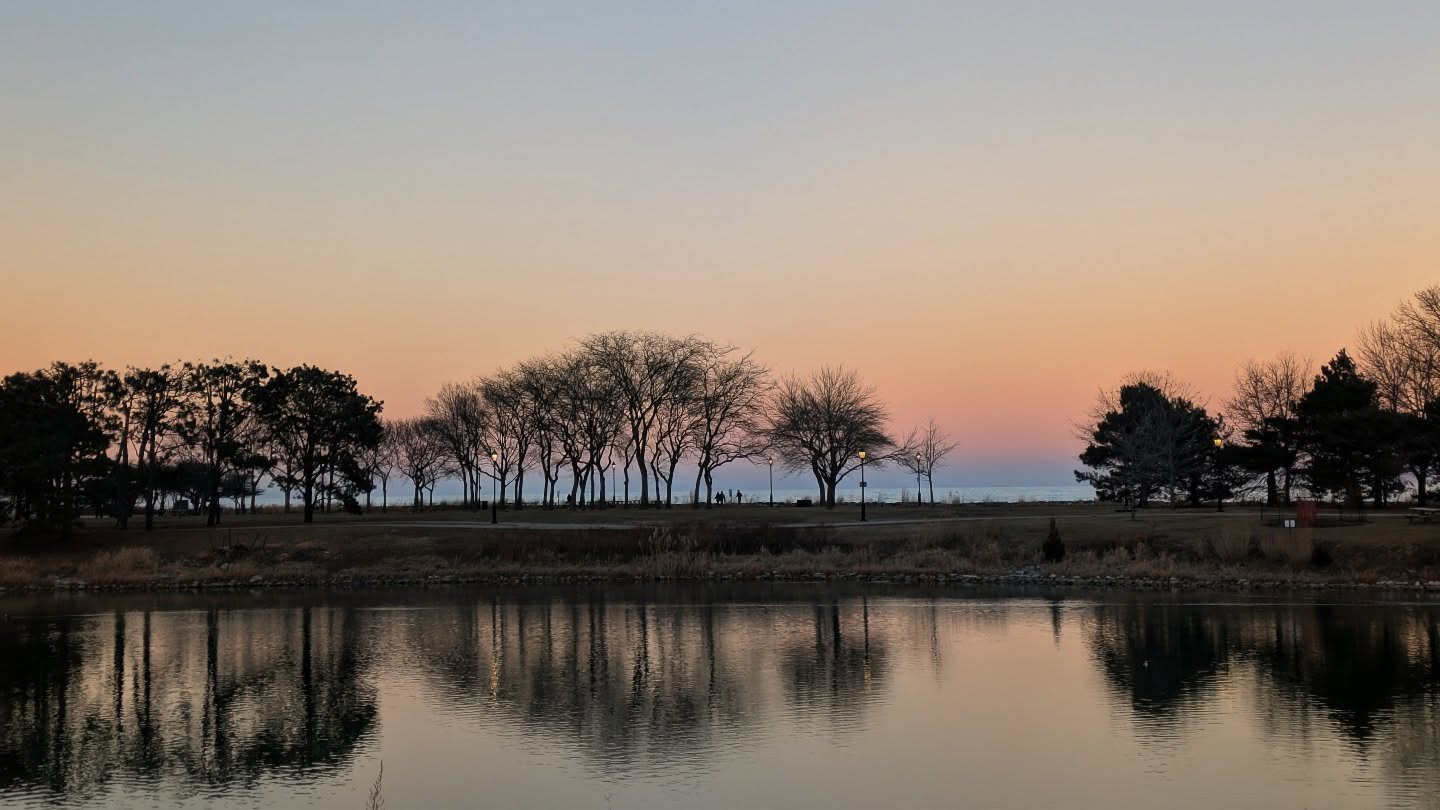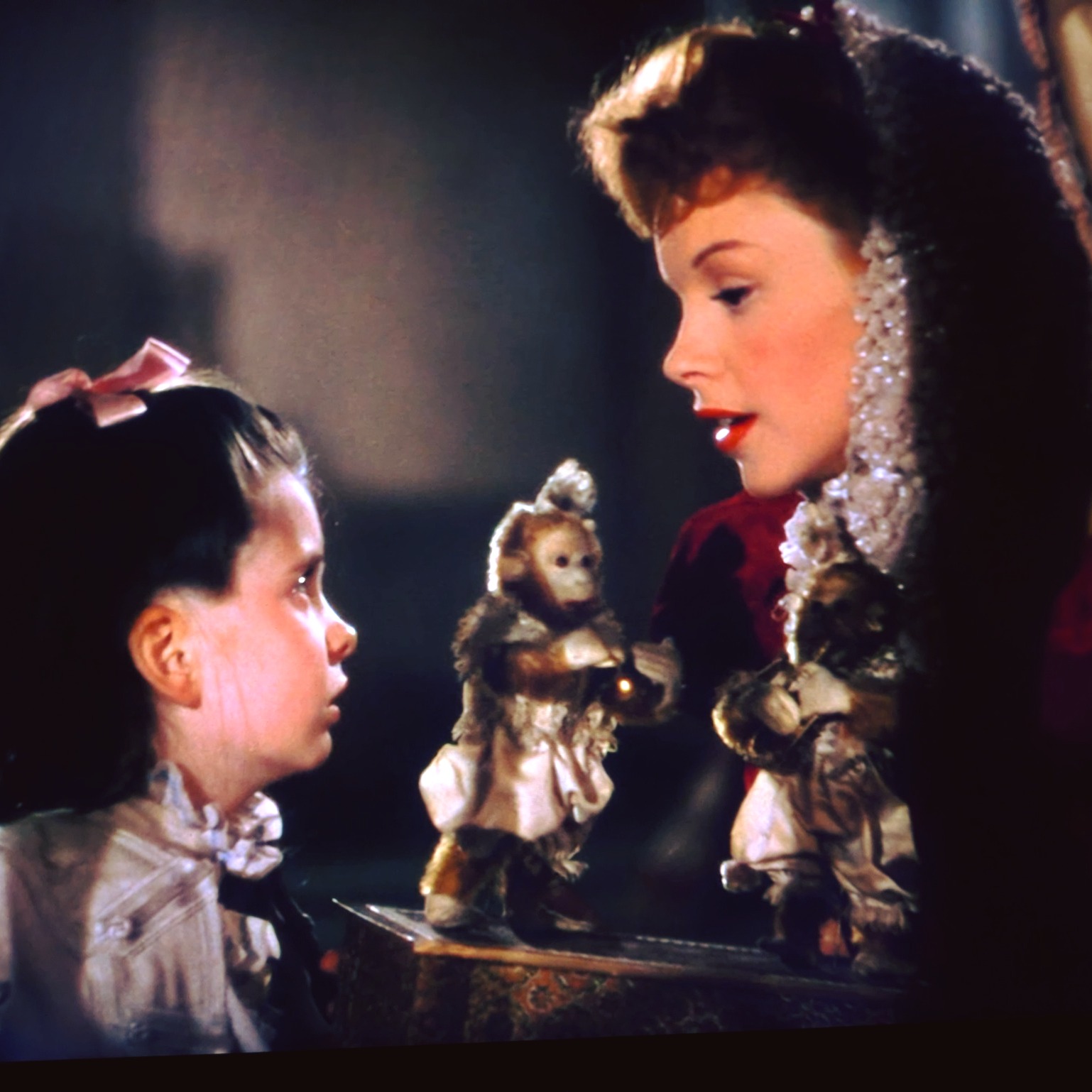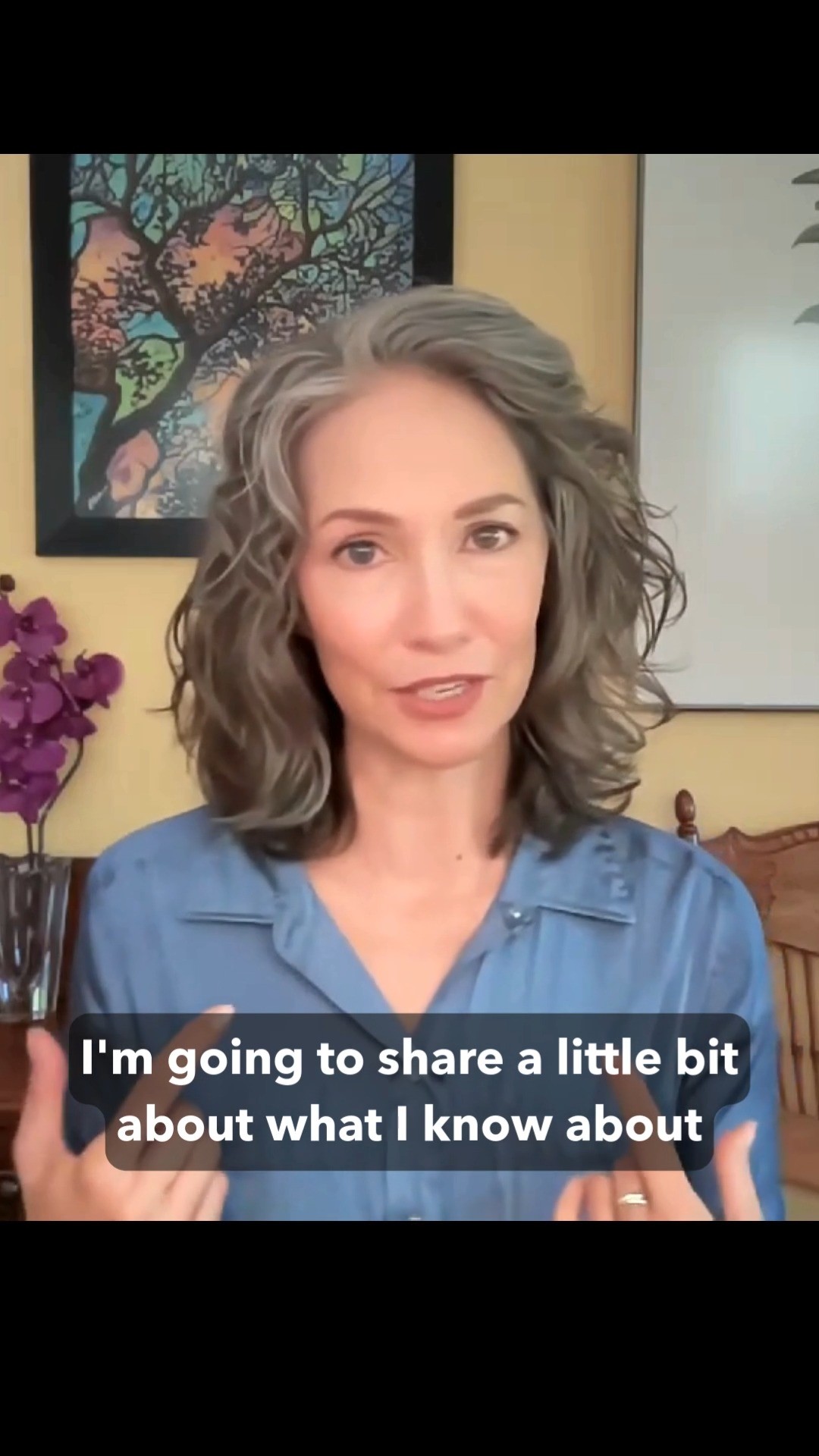Compassion. The above image has been circulating around social media this pride month (only without the “compassion” part).
Yikes.
I suppose in some ways it’s funny, but in other ways, maybe not. I’m wondering: How is this really helping the conversation about inclusion and equity?
Storytime! When I first moved back to the midwest there was this woman who sometimes rode her blue Suzuki motorcycle past my house on her way to visit her friend who lived on the next block. We started waving to each other because I too ride. After a proper introduction, we would chat now and then when she and her friend walked by. We started calling each other “Suzuki” and “Kawasaki”.
One day I was taking a break from gardening and had sat down to chat with a neighbor. Suzuki walked by and called hello. She asked if she could join us because she was curious about the “butterfly habitat” signs I had in my yard and wanted to ask me some questions. I invited her to join me and my neighbor at my table.
At that point, my neighbor suddenly got up and excused herself, retreating to her own yard and house.
Did I mention Suzuki was black?
I should have been surprised, but this is the neighbor who also said – referring to the lesbian couple living on the other side of their house – “You know, despite being gay, they’re so great!”
Oh dear.
People are just… people.
I grew up in “bumblefucknowhere” in the midwest where there was nary a black person to be seen unless you went into “the city”. People weren’t coming out of the closet in the 80s back then in Wisconsin either. At least not in my circles.
Boy, was I in for a treat when I attended a music conservatory in Philadelphia, then lived in New York City for ten years.
What an eye-opener. People of every sexual orientation and color.
This small-town girl learned a lot from watching and being with these humans. I learned real quick that these people were just… people. They were just like me, more or less. Yes, different backgrounds, and different traumas, but they were human beings just like me.
They amazed me because they were real, authentic, they were true to who they were. There was no bullshit. Just honesty.
It takes a lot of courage to be this honest, and a willingness to be vulnerable and open to however people choose to respond (or react).
Compassion for those who are afraid
I often think of my neighbor, especially during June, pride month, and have so many questions: What was she afraid of? Was she afraid of the honesty and vulnerability that others displayed? Perhaps she knew that she did not have those skills and strengths of courage and vulnerability that she witnessed in others, and this frightened her. What traumas happened in her life that caused her to be this way? What narrative was she given that formed her current view of the world?
Do we send hate to those who live sheltered lives and simply don’t know any different?
Do we wish them discomfort and call them names?
Or do we send them compassion?
I recently found out that someone in my family did some pretty nasty stuff. There was a lot of anger from the rest of the family about that person’s actions.
My beautiful mentor coach offered to me: “what does it look like to find compassion for this person – not for what they did, but for their inability to understand the effect their actions had on you and your family?”
Oooh…. that’s good.
What does it look like, instead of wanting revenge on someone for their words or acts, to instead offer compassion?
Are you choosing to respond with compassion?
Back to my garden.
When Suzuki sat down and my neighbor got up and left, I was mortified.
Suzuki played it cool and didn’t say anything. I didn’t either. How many times has this happened to her, I wondered. I thought I noticed a look of sadness or resignation in her eyes as she watched my neighbor walk away… but maybe it was compassion.
I am reminded of that verse from the bible: “forgive them; for they know not what they do.”
Forgiveness is difficult and may not always be possible. But compassion is always available to us, if we choose.
When you think of people who have “wronged” you or have a different point of view on matters, in what ways do you respond?
Do you respond with hate or unkind words?
Do you want them to be as uncomfortable as perhaps they have made you in the past, to “teach them a lesson”?
Or do you respond with compassion?
The choice is yours.
Wishing all of you the courage and vulnerability to choose compassion.
Sandy
More on the subject of compassion here and here.
Sandy Swanson is an ICF Associate Certified Coach (ACC), a Certified Functional Health Coach (A-CFHC), and a National Board Certified Health and Wellness Coach (NBC-HWC). You can learn more about her here and more about what coaching is here.
Subscribe to our Newsletter!
